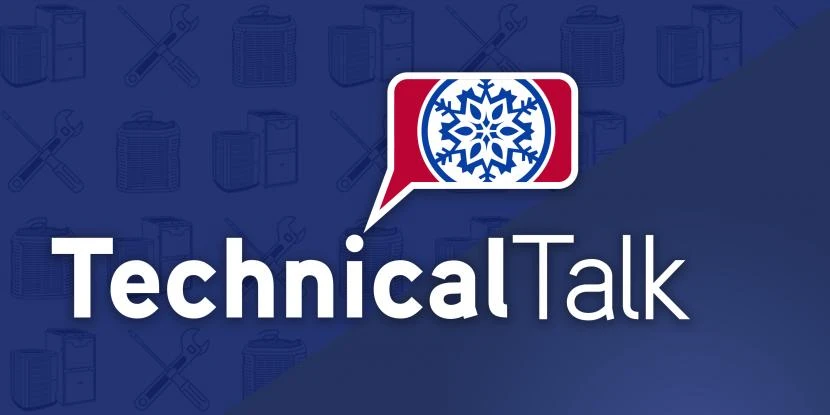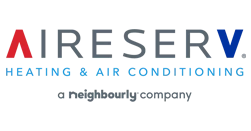Raising Awareness of the Dangers of Carbon Monoxide

Aire Serv® of West Michigan
Operating since 2014
http://AireServ.com/west-michigan
Appliances are vital for keeping your home and business running smoothly, but did you know that some appliances could produce a harmful gas that is dangerous to your health and the environment? Aire Servwants to raise awareness about this dangerous gas called carbon monoxide (CO), and offer tips on how you can protect your indoor air quality.
You’ve probably heard of CO, but what exactly does it do and what is the real danger? As the owner of Aire Serv of West Michigan and more than 18 years of experience in the heating, ventilating and air conditioning (HVAC) industry, Dennis Wissner offers his expert insights on how to identify and solve commercial and residential problems associated with CO.
How often do you detect a CO problem in a business or household?
Our service professionals detect CO levels in homes several times a year at various levels of severity. Due to the nature of CO, we believe any level of exposure can be a potential problem.
What are some signs and symptoms that there might be a CO leak in a business or home?
In my opinion, the best safeguard would be to install a carbon monoxide detector that would squeal loudly alerting the occupants of the presence of CO. Because CO is odorless, colorless, tasteless and initially non-irritating, it is otherwise undetectable to the human senses. People may not even know they are being exposed to the dangerous gas. The initial symptoms of low to moderate CO poisoning are similar to the flu. According to the Centers for Disease Control and Prevention, the symptoms include headache, nausea, fatigue, dizziness, and shortness of breath.
What have you noticed to be the primary sources of CO leaks?
In our experience, we have found that the primary source of carbon monoxide is caused by either a gas furnace or gas water heater. This could be due to improper installation, unit failure, chimney blockage/issues, or simply a lack of proper care and maintenance. But sometimes, we have to look beyond the equipment. We went on a service call one time and the technician’s CO detector began sounding shortly after entering the home. After ruling out the furnace and water heater, it was determined that the many candles burning in the house at the time were the cause of the elevated levels of CO.
How have you approached dealing with a CO leak in the past with customers?
When CO is detected in a home or business, the first step is to have everyone move outside to fresh air and allow fresh air to flow into the home or business by opening doors and windows. It’s important for people not to re-enter the home or business until a qualified professional has corrected the problem. Our protocol atAire Serv of West Michigan is to first determine the exact cause of carbon monoxide level in the home or business. Then, we communicate information about heating and air conditional maintenance services to the client along with the options to correct the issue(s) to provent carbon monoxide dangers in the property.
What precautionary actions do you recommend to prevent CO poisoning in a household or business?
I recommend that property owners do the following: 1) Have at least one audible CO alarm near the bedrooms or sleeping areas of the home. (CO alarms have an expiration date, so make sure yours is up to date!) 2) Have a trained professional perform a safety inspection and tune up on your gas furnace and water heater(s) as well as have inspections on any flues and chimneys annually.
 Click to call
Click to call


